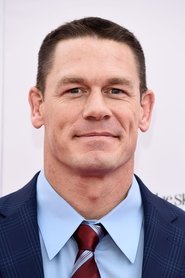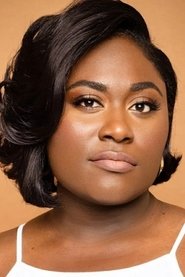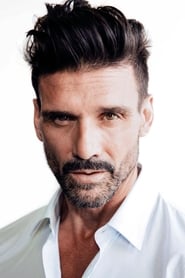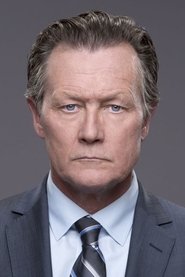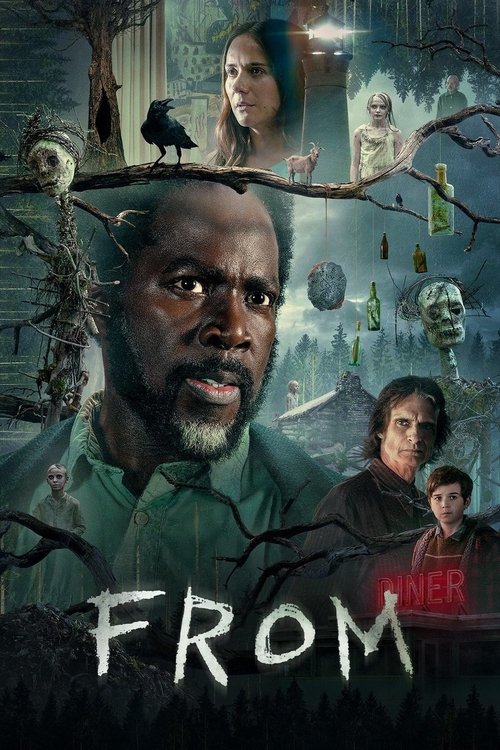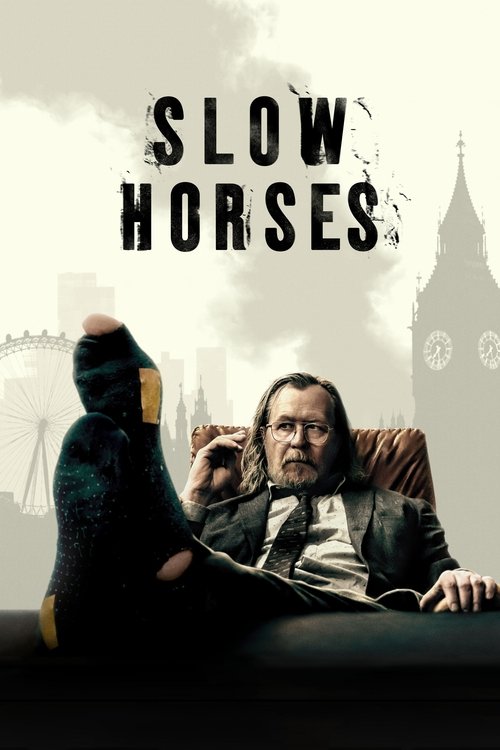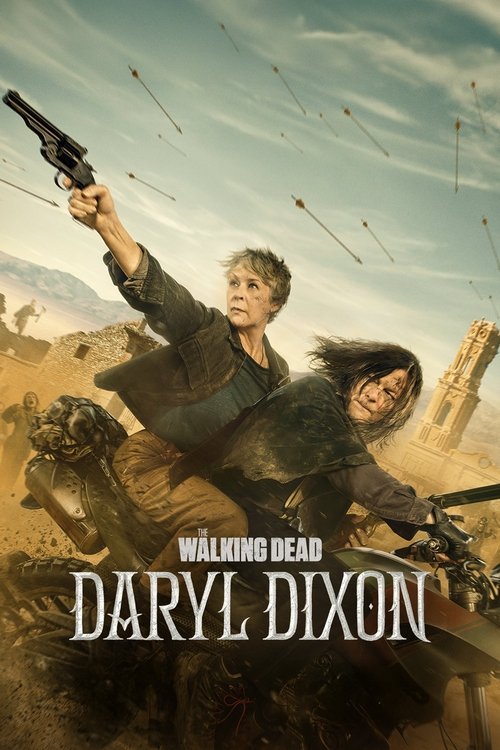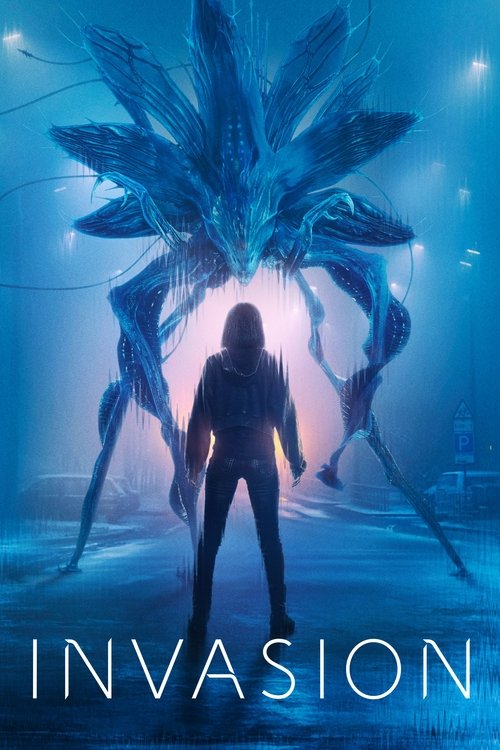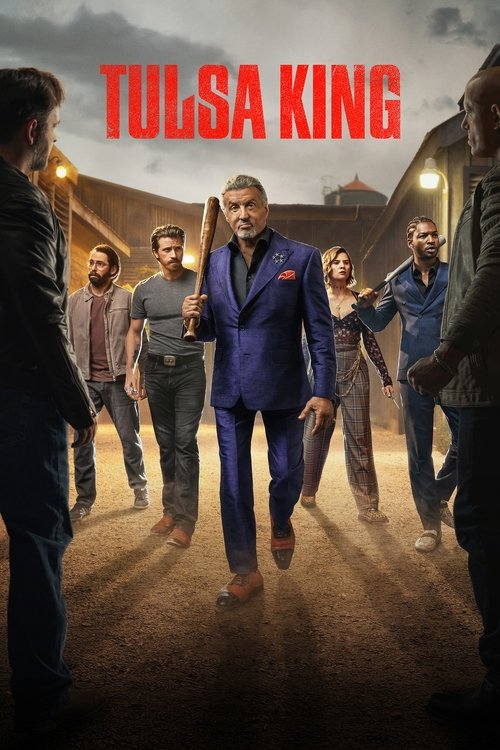
Ask Your Own Question
What is the plot?
In the opening scene of "Bad Daddy Issues: Peacemaker's Search for Inner Peace," Peacemaker, played by John Cena, is seen in a therapy session. He sits in a chair, visibly uncomfortable, as he tries to express his feelings about his father, who has been a significant source of trauma in his life. The therapist encourages him to delve deeper into his emotions, but Peacemaker struggles to articulate his pain, often deflecting with humor and bravado. The session sets the tone for his ongoing internal conflict regarding his father's influence on his identity.
As the session progresses, Peacemaker recalls a childhood memory involving his father, Auggie Smith, who is portrayed as abusive and domineering. The scene shifts to a flashback where young Peacemaker is seen trying to impress his father, who dismisses his efforts and belittles him. This moment highlights the deep-seated issues Peacemaker has with his father's expectations and the pressure to be a "hero" in his eyes. The emotional weight of this memory visibly affects Peacemaker, revealing his vulnerability beneath the tough exterior.
After the therapy session, Peacemaker leaves the office and meets up with his team, including Vigilante and Harcourt. They discuss their recent missions and the ongoing threat posed by various villains. Peacemaker's demeanor shifts as he tries to mask his emotional turmoil with bravado, cracking jokes and attempting to lighten the mood. However, his teammates notice his distraction and concern for his mental state, leading to a brief but tense exchange about the importance of addressing personal issues.
The narrative then transitions to a pivotal moment when Peacemaker decides to confront his father. He visits Auggie in prison, where the atmosphere is tense and charged with unresolved anger. Peacemaker confronts Auggie about the pain he caused him, demanding answers and accountability. Auggie, however, remains dismissive and manipulative, attempting to undermine Peacemaker's confidence. This confrontation escalates as Peacemaker struggles between his desire for approval and the need to break free from his father's toxic influence.
Following the confrontation, Peacemaker is left feeling conflicted and angry. He seeks solace in his friends, but his emotional state leads to a series of reckless decisions. He engages in a bar fight, where he channels his frustration into physical aggression. The fight is chaotic, with Peacemaker showcasing his combat skills while also revealing his inner turmoil through his actions. The scene is intense, filled with punches thrown and tables overturned, symbolizing his struggle for control over his life.
In the aftermath of the fight, Peacemaker returns home, where he reflects on his father's words and the impact they have had on him. He grapples with feelings of inadequacy and the desire to prove himself, both to his father and to himself. This moment of introspection is crucial as it marks a turning point in his journey toward self-acceptance and healing. He begins to understand that he must define his own identity, separate from his father's expectations.
The episode culminates in a final confrontation with Auggie, where Peacemaker decides to take a stand. He confronts his father one last time, this time with a newfound sense of strength and clarity. Peacemaker articulates his feelings of betrayal and hurt, finally expressing the pain that has haunted him for years. Auggie's reaction is one of anger and denial, but Peacemaker stands firm, asserting his independence and rejecting his father's toxic influence.
The episode concludes with Peacemaker leaving the prison, a mix of emotions swirling within him. He feels a sense of relief from confronting his father but also recognizes that the journey toward inner peace is just beginning. As he walks away, there is a sense of determination in his stride, hinting at his commitment to forging his own path and finding his true self, free from the shadows of his father's legacy.
What is the ending?
In the ending of "Bad Daddy Issues: Peacemaker's Search for Inner Peace," Peacemaker confronts his complicated feelings about his father, ultimately leading to a cathartic moment of self-acceptance. He realizes that he must forge his own identity separate from his father's legacy. The episode concludes with Peacemaker feeling a sense of inner peace, albeit still grappling with his violent tendencies. The other characters, including Vigilante and Harcourt, support him in this journey, showcasing their evolving relationships.
As the episode draws to a close, we find Peacemaker in a dimly lit room, reflecting on his tumultuous relationship with his father. The air is thick with tension as he recalls painful memories, each one a reminder of the emotional scars left by his father's abusive behavior. Peacemaker's face is a mixture of anger and sadness, his brow furrowed as he grapples with the weight of his father's expectations and the violence that has shaped his life.
In a pivotal scene, Peacemaker sits across from a mirror, his own reflection staring back at him. He begins to speak aloud, confronting the internalized voice of his father that has haunted him for so long. "I am not you," he declares, his voice trembling with a mix of defiance and vulnerability. This moment is crucial as it marks the beginning of his journey toward self-acceptance. The camera zooms in on his eyes, revealing the conflict within--a man torn between the desire for approval and the need to break free from a toxic legacy.
As the scene shifts, we see Vigilante enter the room, his usual bravado tempered by a rare moment of sincerity. He approaches Peacemaker, offering words of encouragement. "You're not just a weapon, man. You can be more than what he made you." This exchange highlights the bond between the two characters, showcasing Vigilante's growth as a friend who genuinely cares for Peacemaker's well-being.
The atmosphere lightens slightly as Harcourt joins them, her presence a grounding force. She shares her own struggles with familial expectations, creating a moment of connection that deepens their relationship. The trio engages in a heartfelt conversation, each revealing their vulnerabilities and fears. This scene serves to illustrate the importance of friendship and support in overcoming personal demons.
As the episode nears its conclusion, Peacemaker takes a deep breath, a sense of resolve washing over him. He stands up, a newfound determination in his posture. "I'm going to be my own man," he states, a hint of a smile breaking through the earlier tension. The camera captures the shift in his demeanor, a visual representation of his internal transformation.
In the final moments, the group steps outside into the sunlight, a stark contrast to the darkness of the previous scenes. Peacemaker walks ahead, flanked by Vigilante and Harcourt, symbolizing his journey toward embracing his identity. The episode ends with a sense of hope, as Peacemaker looks forward, ready to face whatever challenges lie ahead, no longer defined by his father's shadow.
In summary, Peacemaker's journey culminates in a moment of self-acceptance, supported by his friends, as he begins to carve out his own path, free from the burdens of his past. The other characters, including Vigilante and Harcourt, play crucial roles in this transformation, highlighting the power of friendship and understanding in the face of personal struggles.
Is there a post-credit scene?
In the episode "Bad Daddy Issues: Peacemaker's Search for Inner Peace," there is indeed a post-credit scene. The scene features Peacemaker, played by John Cena, in a humorous and introspective moment. He is seen sitting in a therapy session, attempting to work through his complicated feelings about his father and his own identity.
As the session progresses, Peacemaker's bravado begins to crack, revealing his vulnerability and the deep-seated issues he has with his father's expectations and their tumultuous relationship. The therapist encourages him to express his feelings, but Peacemaker struggles to articulate his emotions, often resorting to his usual bravado and humor to deflect.
The scene takes a comedic turn when Peacemaker, in an attempt to demonstrate his progress, dramatically declares that he is ready to confront his father. However, he quickly shifts back to his typical over-the-top persona, making a ridiculous statement about how he plans to do it with a "superhero flair." This juxtaposition of his serious emotional journey with his comedic tendencies highlights the ongoing conflict within him.
The post-credit scene encapsulates the essence of Peacemaker's character--his struggle for inner peace amidst a chaotic and often absurd world, while also providing a light-hearted moment that aligns with the show's overall tone.
What specific events lead Peacemaker to confront his father in this episode?
In this episode, Peacemaker, portrayed by John Cena, embarks on a journey of self-discovery that leads him to confront his father, Auggie Smith, played by Robert Patrick. The episode opens with Peacemaker grappling with his violent past and the impact of his father's abusive behavior on his psyche. As he reflects on his childhood memories, he recalls moments of his father's harsh discipline and the conflicting feelings of wanting to please him while also feeling resentment. This internal struggle drives Peacemaker to seek closure and understanding, culminating in a tense confrontation with Auggie.
How does Peacemaker's relationship with his father affect his actions throughout the episode?
Peacemaker's relationship with his father profoundly influences his actions in this episode. His desire for approval from Auggie leads him to make reckless decisions, including engaging in violent confrontations that mirror his father's teachings. As he navigates his quest for inner peace, Peacemaker's emotional turmoil manifests in moments of aggression and self-doubt, showcasing the deep-seated conflict between his need for paternal validation and his yearning to break free from his father's toxic influence.
What role does the character Vigilante play in Peacemaker's journey in this episode?
Vigilante, played by Freddie Stroma, serves as both a comedic relief and a catalyst for Peacemaker's introspection in this episode. His unwavering loyalty and enthusiasm for violence contrast sharply with Peacemaker's internal struggle. Throughout the episode, Vigilante encourages Peacemaker to embrace his violent tendencies, often pushing him to confront his father more aggressively. However, as Peacemaker grapples with his emotions, Vigilante's presence also highlights the absurdity of their actions, prompting Peacemaker to reflect on the consequences of his choices.
What specific flashbacks are shown that illustrate Peacemaker's childhood and his father's influence?
The episode features several poignant flashbacks that illustrate Peacemaker's troubled childhood. One significant flashback depicts a young Peacemaker witnessing his father brutally punishing him for a minor infraction, instilling a sense of fear and obedience. Another flashback shows a moment of supposed bonding, where Auggie praises Peacemaker for his violent tendencies, reinforcing the idea that strength and aggression are the only paths to approval. These flashbacks serve to deepen the audience's understanding of Peacemaker's motivations and the psychological scars left by his father's abusive behavior.
How does Peacemaker's search for inner peace manifest in his interactions with other characters?
Throughout the episode, Peacemaker's search for inner peace is reflected in his interactions with other characters, particularly with his team members. He often oscillates between moments of vulnerability and aggression, revealing his struggle to reconcile his violent nature with his desire for acceptance. His conversations with characters like Harcourt and Adebayo showcase his attempts to articulate his feelings, though they often devolve into humor or conflict. These interactions highlight Peacemaker's internal battle, as he seeks to forge genuine connections while grappling with the legacy of his father's influence.
Is this family friendly?
"Peacemaker" is known for its mature themes and content, and "Bad Daddy Issues: Peacemaker's Search for Inner Peace" is no exception. Here are some potentially objectionable or upsetting aspects that may not be suitable for children or sensitive viewers:
-
Strong Language: The episode features frequent use of profanity, which may be inappropriate for younger audiences.
-
Violence: There are scenes of violence that include physical confrontations and the use of weapons, which may be disturbing to some viewers.
-
Dark Humor: The show employs dark and sometimes crude humor that may not resonate well with all audiences, particularly children.
-
Emotional Themes: The exploration of complex family dynamics, including themes of abandonment and emotional trauma, may be heavy for sensitive viewers.
-
Adult Situations: There are references to adult relationships and situations that are not suitable for children.
-
Graphic Content: Some scenes may contain graphic imagery or discussions that could be unsettling.
Overall, the episode is geared towards an adult audience and may not be considered family-friendly due to its mature content.


